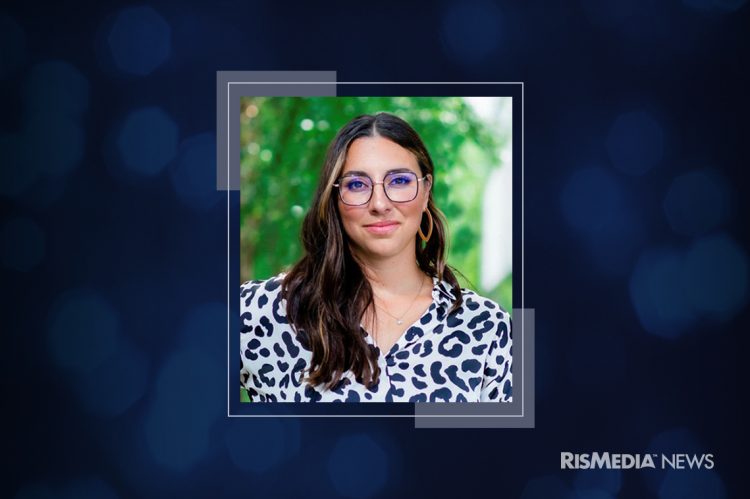Lauren Matera, team leader of the Revel Home Team
2025 Consumer Housing Trends Report for Agents
Understand how buyers and sellers feel about working with agents – backed by the latest data. Unlock market insights.
Business Tip of the Day provided by
Categories
The Most Important Real Estate News & Events
Click below to receive the latest real estate news and events directly to your inbox.
By signing up, you agree to our TOS and Privacy Policy.













